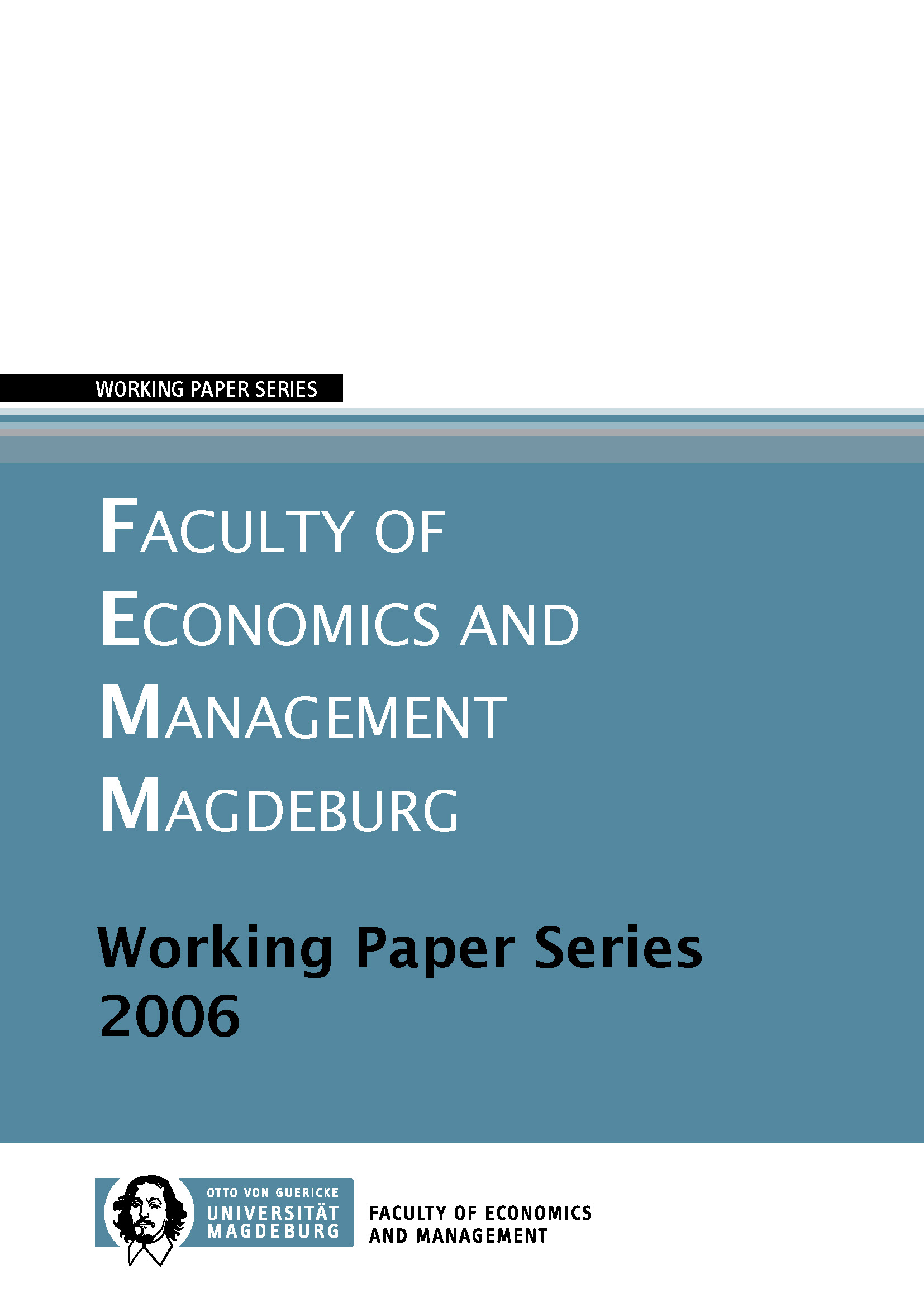Der Preis als Qualitätsindikator
Experimentelle Untersuchungen auf Basis des Konzepts der Buy-Response-Curve
DOI:
https://doi.org/10.24352/UB.OVGU-2018-291Keywords:
Price-Perceived Quality Relationship, Buy Response Curve, Pricing Research, Price Response FunctionAbstract
Among others, the price-perceived quality relationship is still an important topic of the behavioral pricing theory. Based on the assumption that price can be seen as a budget constraint as well as a signal of quality, individual ranges of acceptable prices should be bounded by upper and lower limits (i.e. absolute price thresholds) thus creating an inverted u-shaped priceresponse-function in the aggregate. The tendency of consumers to use price as an indicator of quality seems to vary individually and may be different for various product types. During past decades, numerous studies have tried to examine the nature, magnitude and generalizability of this phenomenon. However, investigations often yielded a lack of consistent results. Therefore, this paper outlines theoretical frameworks, important studies, experimental designs and models related to the price-perceived quality relationship. Furthermore, results of three empirical surveys in varoius markets are highlighted. Using the concept of the "buy response curve", these experiments verified whether prices are still used by the consumers as an indicator of quality in real purchase decisions despite an obvious increase in their price consciousness.


